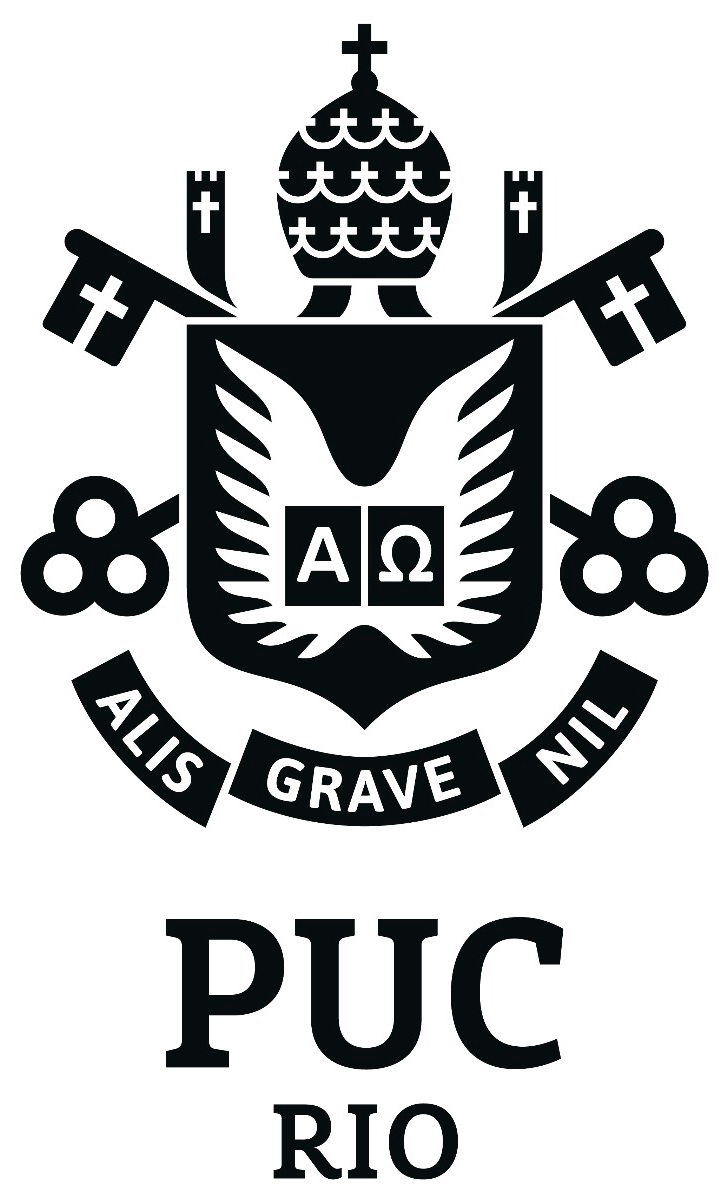Do Government Audits Reduce Corruption? Estimating the Impacts of Exposing Corrupt Politicians
Journal of Political Economy, v. 125, n. 5, 2018
Eric Avis, Claudio Ferraz, Frederico Finan.
Acesse o artigoThis paper examines the extent to which government audits of public resources can reduce corruption by enhancing political and judiciary accountability. We do so in the context of Brazil’s anticorruption program, which randomly audits municipalities for their use of federal funds. We find that being audited in the past reduces future corruption by 8 percent, while also increasing the likelihood of experiencing a subsequent legal action by 20 percent. We interpret these reduced-form findings through a political agency model, which we structurally estimate. Our results suggest that the reduction in corruption comes mostly from the audits increasing the perceived nonelectoral costs of engaging in corruption.
Veja também
Public Ownership and Anti-Preemption (a sair)
The RAND Journal of Economics, 2025
Juliano Assunção, Sergey Mityakov , Robert Townsend .
Estimating the Welfare Cost of Labor Supply Frictions (a sair)
Journal of Public Economics, 2025
Katy Bergstrom, William Dodds, Nicholas Lacoste, Juan Rios.
The Value of Health Insurance: A Household Job Search Approach ( a sair)
Journal of Labor Economics, 2025
Renata Narita, Rita Ginja, Gabriela Conti.

